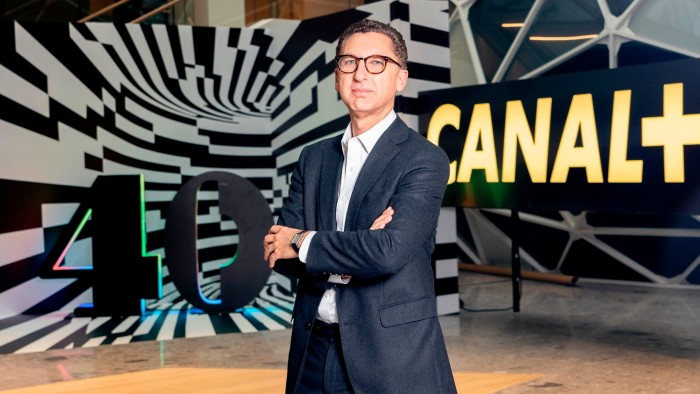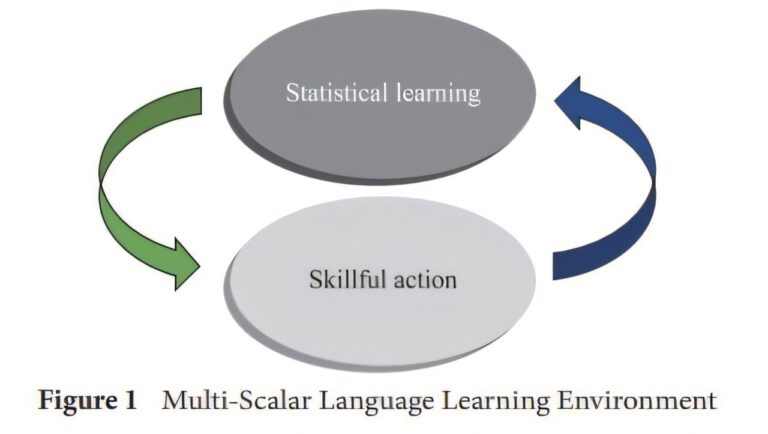
India’s venture capitalists seek to verify the impact they make
Globally, venture capital funds make up one-third of the private impact fund universe; but in India, they account for 85 per cent. As such, these Indian funds play a leading role in investing for impact, by tackling the structural inequalities that exist in the country, while also seeking financial returns for investors. And that is putting more focus on how the funds can ‘verify’ the impact they actually make.
There are many sectors in which venture capitalists can make a difference. Mark Kahn, managing partner at Indian VC firm Omnivore, points out that 600mn of the country’s 1.4bn population still get by on subsistence farming. “The vast majority of these are poor,” he says. “If you’re building for India, you must also be building for impact as well.”
For this reason, Omnivore focuses on Indian agrifood businesses. Collectively, the companies backed by its three impact funds are involved with 11.4mn smallholder farmers, and have created $1.4bn of economic value, either by helping to cut costs or boost revenue. These agrifood enterprises range from farms and B2B agricultural marketplaces to consumer brands and life sciences.
Kahn says that India’s relatively low start-up costs and scaled-down bureaucracy make it “a very nimble ecosystem for building” thriving enterprises. “What would cost 10 million or 15 million to get off the ground in Europe, you can do for a million in India,” he observes.
India also has willing investors. Last year, the Impact Investors Council, the national industry body, found that 275 Indian impact enterprises had succeeded in raising $2.9bn in equity investments. As a result, Indian impact investing entities now make up 4 per cent of all those, globally, with a focus on emerging markets, according to the Global Impact Investing Network (GIIN). And they represent 6 per cent of all emerging market impact entities that seek a market-rate return.
Omnivore’s benchmark is a net internal rate of return (IRR) of 20-25 per cent — which Kahn says is in line with other generalist VC funds in India. The average performance for generalist Indian VC funds was 25.5 per cent in 2018, 26.4 per cent in 2016, and 11.5 per cent in 2014 according to Credit Rating Information and Services Limited.
To put that in context, the estimated IRR of UK generalist VC funds was 12 per cent in 2018, 23.1 per cent in 2016, and 22.7 per cent in 2014.
Fellow Indian impact VC firm, Lok Capital, has invested $263.2mn via three funds in the past 20 years, with its last two having returned between 2.5 and 3.5 times the initial sums invested.
Lok vice-president, Ambika Nanyaran, says the firm seeks to make an impact but is committed to being a commercial investor. “We don’t invest in companies if we don’t think that they’re going to make money,” she stresses — noting that, without strong returns, it would not be possible to deliver further impact.
Most investment activity has involved climate tech enterprises, which accounted for 43 per cent of all the deals done in the Indian impact sector, according to the Impact Investors Council, the national industry body. Financial-inclusion enterprises, such as microfinance, ranked second for deals done in the impact sector, with 17 per cent.
Lok began its own impact investing solely in the field of microfinance, filling a space neglected by banks and existing financial institutions. It has since diversified its impact investing portfolio to include healthcare and agrifood businesses.
Within microfinance, Narayanan acknowledges that there are lenders who can “operate in a more predatory manner”, by looking to “extract as much as possible” from small-business borrowers. But to avoid investing capital into those enterprises that do not align with Lok’s values, the firm spends “a lot of time” with the leaders of any potential investee company, checking that it is not the subject of sanctions or exposed politically, and conducting reference checks.
Lok’s main investor base initially consisted of development finance institutions funded by European governments. But, over time, it has seen inflows from large private institutions, including fund management groups and reinsurance companies. In Lok’s latest fund, some 12-15 per cent of the total raised came from domestic investors.
Omnivore also receives capital from both “non-impact and impact” institutions, which Khan says has made it feel obliged to prioritise returns. He, too, finds foreign investors have “a stronger impact focus than the domestic investors”.
That focus is now very much on the South Asia region, which India dominates. Of 119 global impact investors surveyed by GIIN, 40 per cent said they were looking to increase allocations to this region, and 59 per cent said they would maintain their current investment over the next five years.
However, to keep those foreign investors coming, Indian impact VC funds believe they must provide assurances that they are achieving their aims.
To do this, Omnivore has appointed an independent verification service — BlueMark — to check that its investments are aligned with nine impact principles. Paige Nicol, Director of Europe and Asia at BlueMark, says “whether it’s microfinance, agriculture or education, there is natural confusion, and growing pain, around trying to more clearly define what is or isn’t impact”.
BlueMark has so far conducted more than 170 verifications for a range of impact investors with differing sector focuses and goals.
Girish Aivalli, the chief executive officer of the IIC, says that having third-party assessments is useful when interacting with family offices, philanthropists and other limited partnership entities, as it can help foreign investors know the funds “are being used for what they have been intended”.
Nicol suggests that impact verification is working. “We’re seeing more fund managers come to us and say that their LPs have asked them to have their impact report verified . . . because it gives us that signal that your approach to impact is trustworthy”.
Lok, however, has not gone through a verification process.
“We feel that we should not come across as less impact savvy than some of the other peers,” argues Nanyaran. As a seasoned practitioner, she says “we’re confident we are doing things the right way”.






